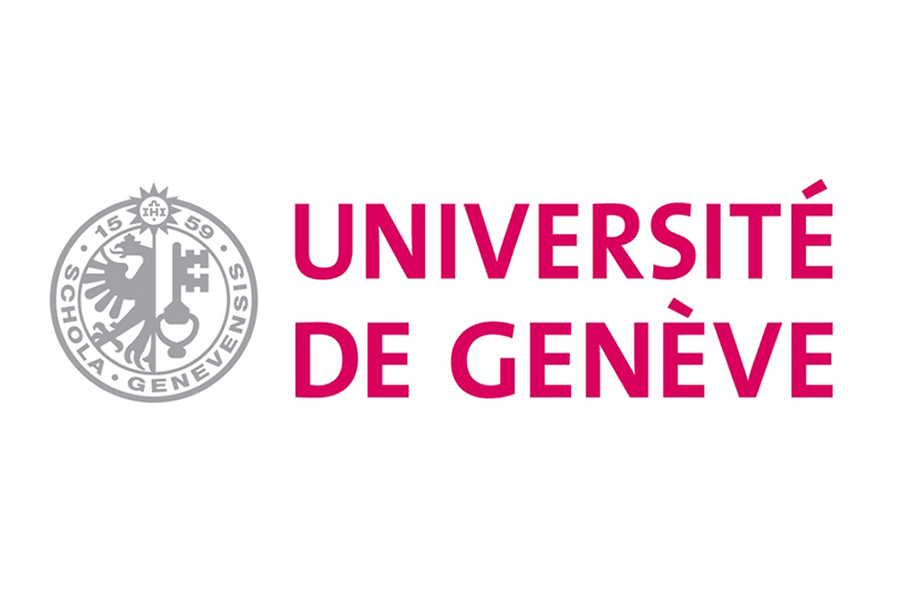
UNIGE – Detecting problems of the anti-bleeding system in 60 minutes
Share this article
UNIGE and Franche-Comté University researchers have co-developped an innovative device enabling platelet capacity detection
This tool investigates a patient’s platelet capacity in near real-life conditions so that bleeding can be stopped (haemostasis).
“Various diseases can cause haemorrhages or thromboses, sometimes fatal, resulting in particular from complications during surgery. This may take the form of a dysfunction of the platelets (haemostasis), the blood cells the role of which is to plug the holes in the damaged blood vessels.
Researchers from the University of Geneva (UNIGE), the University of Franche-Comté (UFC) and the Etablissement français du Sang (Bourgogne Franche Comté), have developed a device – known as BlooDe – in partnership with the University Hospitals of Geneva (HUG) and the CHU of Dijon and Besançon to study the plugging capacity of platelets.
BlooDe can detect deficient platelet-related haemostasis of a subject effectively and in advance of an invasive procedure. It artificially reproduces blood circulation and holes in the vessel walls, and can test patient’s platelets with sufficient accuracy in under an hour using only a few millilitres of blood. These results are the fruit of a collaboration supported by the Interreg programme, which is the subject of a closing meeting on 26 June.”